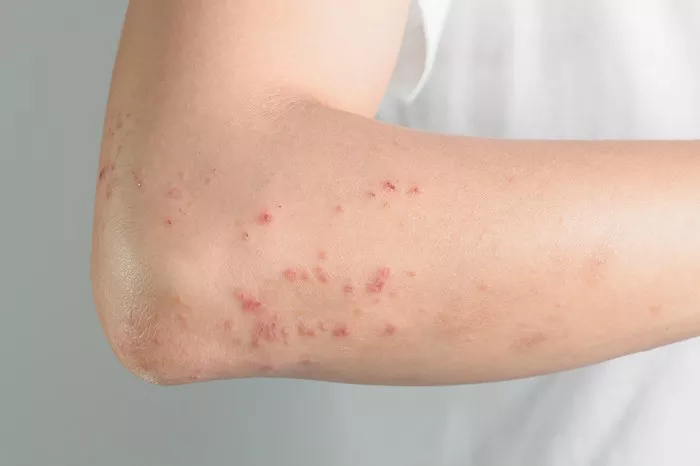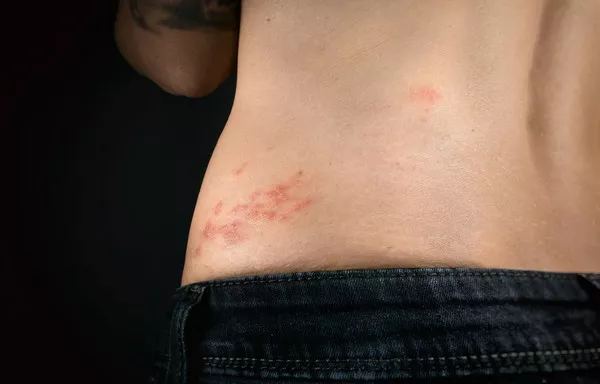Shingles, also known as herpes zoster, is a viral infection caused by the varicella-zoster virus—the same virus responsible for chickenpox. While shingles can affect people of all ages, it poses a particularly concerning threat to the elderly population. With advancing age, the immune system weakens, increasing susceptibility to various infections, including shingles. In this article, we delve into the question: Is shingles deadly to the elderly?
Understanding Shingles:
Before delving into the specific risks posed by shingles to the elderly, it’s crucial to understand the nature of the infection. Shingles typically manifests as a painful rash that develops on one side of the body, often accompanied by itching, burning sensations, and fluid-filled blisters. While the rash typically clears within a few weeks, some individuals may experience lingering nerve pain, a condition known as postherpetic neuralgia.
Although shingles itself is not typically considered deadly, it can lead to severe complications, especially among older adults with weakened immune systems. These complications can include bacterial infections of the skin, pneumonia, encephalitis (inflammation of the brain), and in rare cases, death.
Risks to the Elderly:
Elderly individuals are at a heightened risk of developing severe complications from shingles due to several factors:
1. Weakened Immune Function: As individuals age, the immune system undergoes changes, including a decline in its ability to mount a robust response to infections. This weakening of the immune system, known as immunosenescence, makes elderly individuals more susceptible to infections such as shingles.
2. Pre-existing Health Conditions: Many elderly individuals have underlying health conditions, such as diabetes, cardiovascular disease, or cancer, which can further compromise their immune function and increase the risk of complications from shingles.
3. Postherpetic Neuralgia: Elderly individuals are more likely to develop postherpetic neuralgia, a debilitating condition characterized by persistent nerve pain following a shingles outbreak. This pain can significantly impact quality of life and may require ongoing medical management.
4. Decreased Mobility and Function: Elderly individuals may experience decreased mobility and functional limitations, making it more difficult to care for themselves during a shingles outbreak. This can increase the risk of secondary infections and other complications.
Mitigation Strategies:
While shingles can pose significant risks to the elderly, there are several mitigation strategies that can help reduce the likelihood of severe complications:
1. Vaccination: The shingles vaccine, also known as the herpes zoster vaccine, is recommended for adults aged 50 and older. The vaccine can significantly reduce the risk of developing shingles and may also lessen the severity of symptoms if an outbreak occurs.
2. Early Detection and Treatment: Prompt diagnosis and treatment of shingles are crucial, especially among elderly individuals. Antiviral medications, such as acyclovir or valacyclovir, can help shorten the duration of the infection and reduce the risk of complications.
3. Pain Management: Adequate pain management is essential for elderly individuals with shingles, particularly those at risk of developing postherpetic neuralgia. Over-the-counter pain relievers, topical treatments, and prescription medications may be used to alleviate discomfort.
4. Supportive Care: Providing supportive care, such as keeping the affected area clean and dry, wearing loose-fitting clothing, and applying cool compresses, can help alleviate symptoms and prevent secondary infections.
5. Maintaining Overall Health: Encouraging elderly individuals to maintain a healthy lifestyle, including regular exercise, a balanced diet, adequate sleep, and stress management, can help support immune function and reduce the risk of infections like shingles.
Conclusion:
While shingles itself is not typically deadly, it can lead to severe complications, particularly among the elderly population. Understanding the risks associated with shingles and implementing appropriate mitigation strategies, such as vaccination, early detection and treatment, pain management, supportive care, and maintaining overall health, is crucial for protecting elderly individuals from the potentially devastating consequences of this viral infection. By taking proactive measures to prevent and manage shingles, we can help ensure the health and well-being of our aging population.
Related Topics:
The Impact of Shingles on the Immune System























